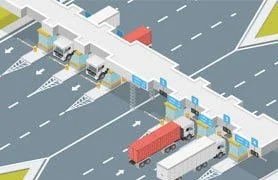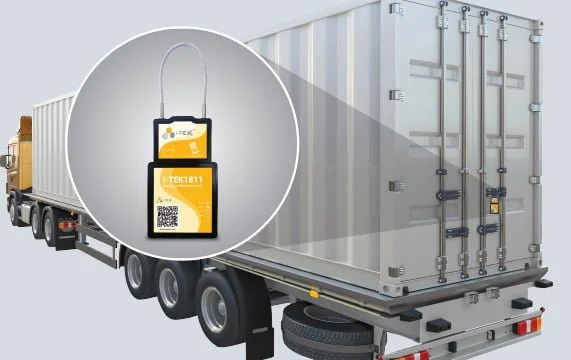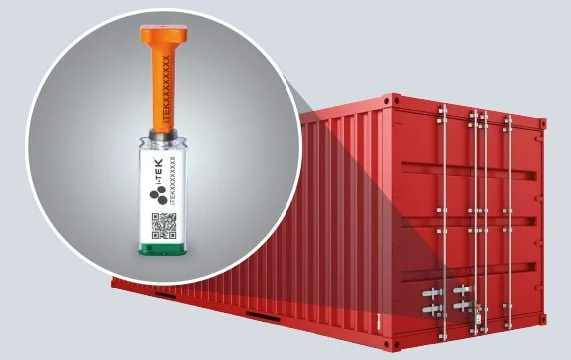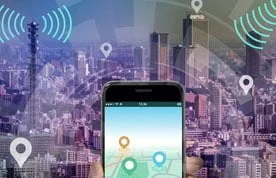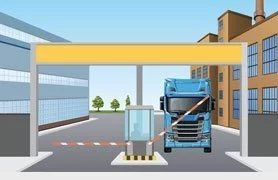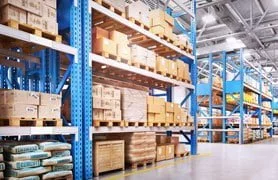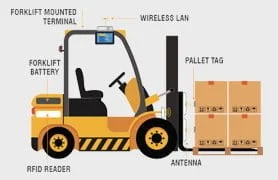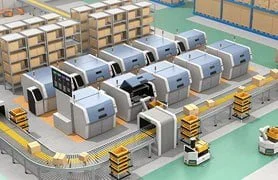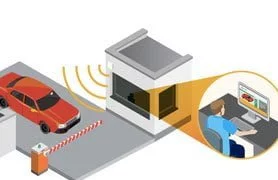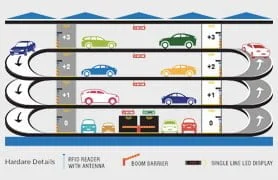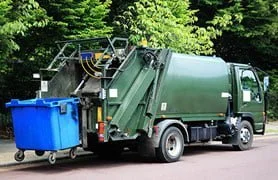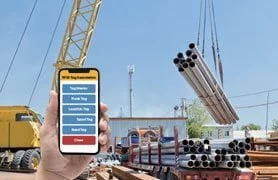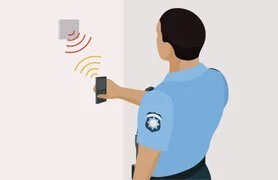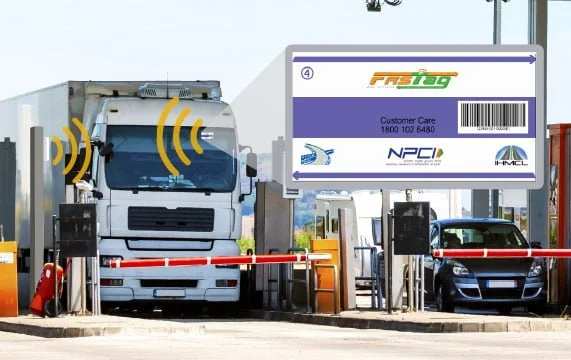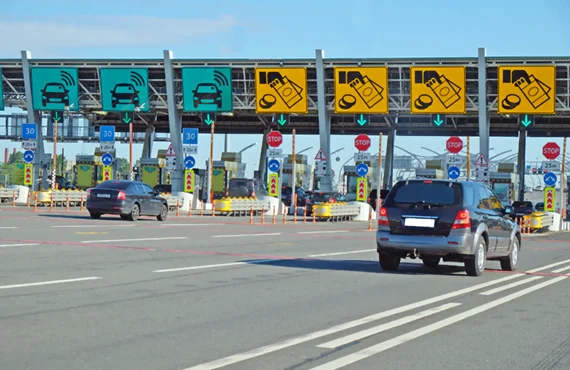RFID stands for Radio Frequency Identification, meaning Identification via radio frequency.
This is a technology that uses radio waves to automatically identify and track RFID-tagged objects.
RFID system includes:
- RFID tag: Small tag attached to the object that needs to be tracked. RFID tags can contain information about the object, such as code number, date of manufacture, manufacturer, etc.
- RFID reader: Device that emits and receives radio waves to read data from RFID tags.
- Software: Software to process data read from RFID tags.
How it works:
- RFID readers emit radio waves.
- RFID tags within radio wave range absorb energy from the waves and send back its data.
- The RFID reader receives data from the RFID tag and transmits the data to the software.
- The software processes the data and displays information about the RFID tagged object.
Application:
- Warehouse management: Monitor goods in the warehouse, control import and export.
- Production: Monitor production progress, manage raw materials and finished products.
- Retail: Payment for goods, inventory management, anti-counterfeiting.
- Logistics: Track freight, manage supply chain.
- Security: Access control, asset management, ID cards.
In addition, RFID also has a number of other applications such as:
- Animal tracking: Track livestock, pets, and wild animals.
- Medical management: Monitor patients, medical equipment, and medications.
- Traffic payment: Payment of road tolls, subway and bus tickets.
- Education: Student tracking, library management.
Benefit:
- Automation: Helps automate the data collection process, minimizing human errors.
- Efficiency: Improve management efficiency, save time and costs.
- Accurate: Provides accurate and up-to-date data.
- Scalability: Can be expanded to meet usage needs.
Optimize your business with VFT’s proven RFID solutions! Our experienced team delivers professional, high-quality, and trusted RFID design and deployment services for enhanced efficiency, accuracy, and security.


